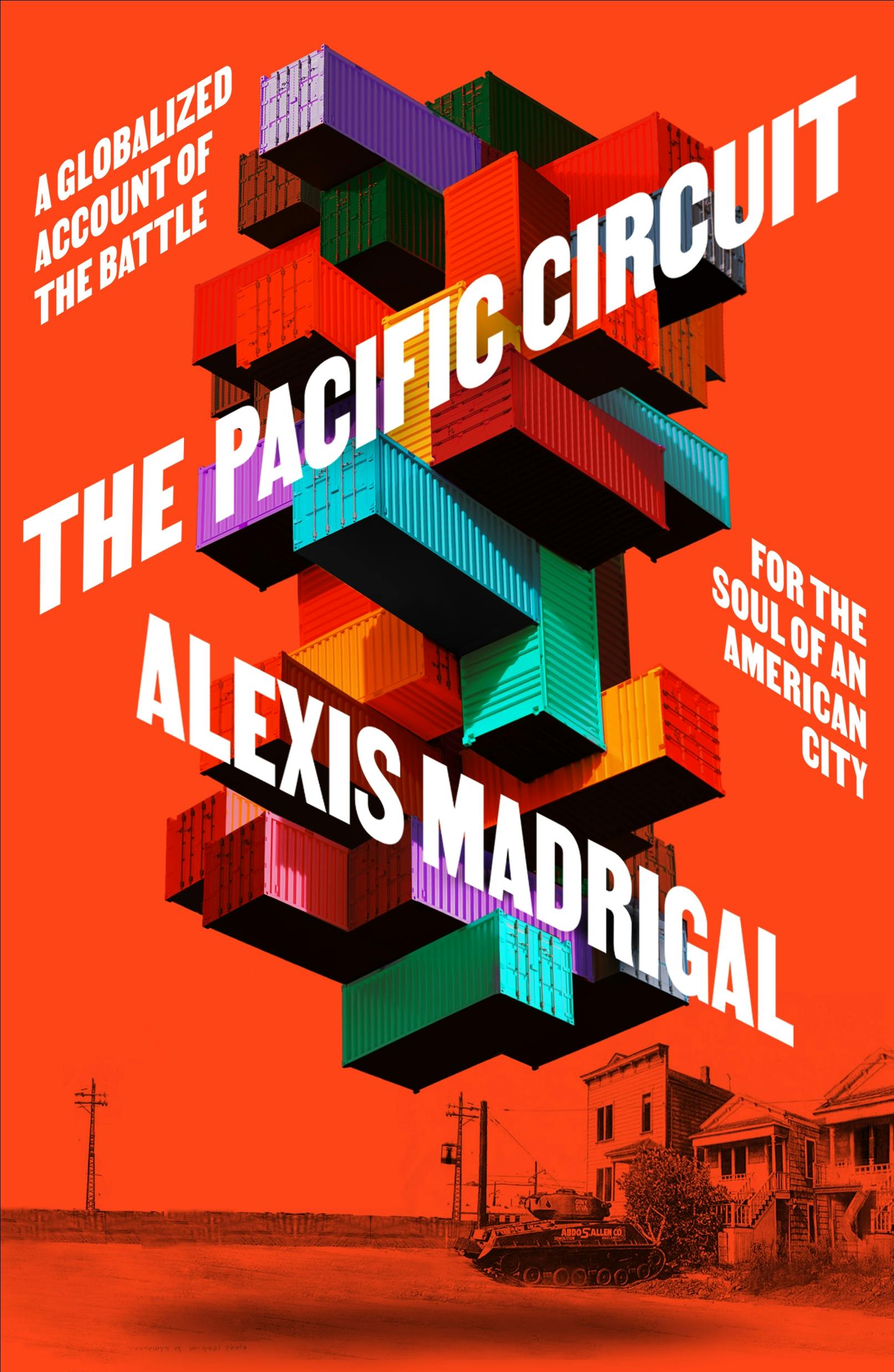Your book chronicles the many ways that technological innovation can devastate people and communities. But it also contains an unexpected number of victories, including several wins for the west coast longshoremen who used to unload ships by hand.
One of the core premises of the book is that this system of Pacific shipping has these choke points, and the No 1 is the port. In 1934, there’s a massive strike in San Francisco by the longshoremen, and it’s essentially a total win. They get a hiring hall, and all of these changes to the consistency and the quality of the work that they do. The International Longshore and Warehouse Union is able to unionize as a racially integrated, leftwing union across the ports of the west coast. I have found that group to be totally fascinating, both because they did allow the forces of modernization to the waterfront, and they have maintained pretty substantial strength as a union throughout, though much smaller than they were in their heyday.
What does the ILWU do in the face of the rise of container shipping, which drastically reduced the number of human workers needed to load and unload cargo?
ILWU leader Harry Bridges does a deal, and, as they put it, “they get a share of the machine”. For each ton that was shipped, some money was put into the union, and they agree to shrink the union over time. It remains a very controversial decision.
You write a lot about the vanished world of the dockworkers, what their jobs and their lives were like before containerization essentially ended this way of work. Looking back, how do you evaluate it?
I’ve spent a lot of time talking to these guys. Many of them are still alive. The job used to be brutal, physically demanding, and it left you broken. On the other side, you had friends, it was human – it was fun, in a lot of ways, not every day, but often. And there was this unbroken connection to the culture of the longshoremen: the bullshitting, drinking, hanging-out culture of the dockworkers. Now that dockworking is heavily mechanized, I don’t think most people would call it fun anymore, but it is also less damaging to your body, much safer, in most ways.
